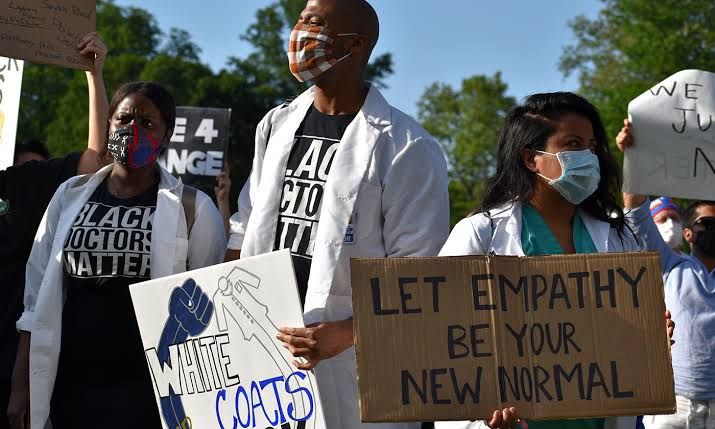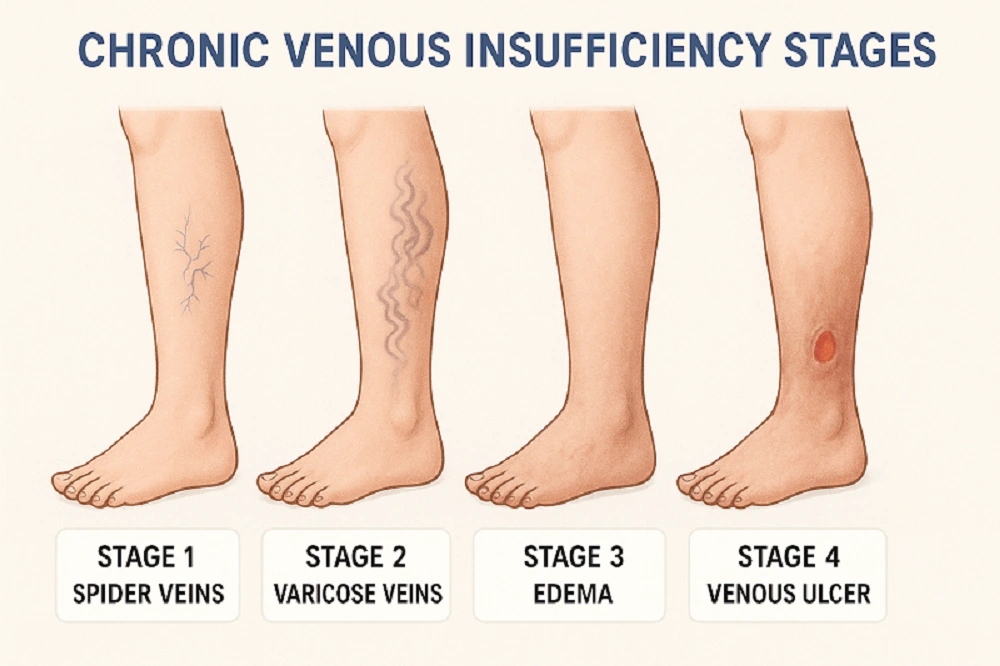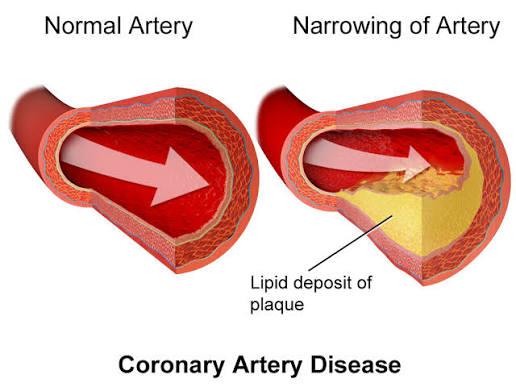
Social justice refers to the concept of creating a society or institution that is based on the principles of equality and solidarity, which understands and values human rights, and recognizes the dignity of every human being. It encompasses the fair distribution of resources, opportunities, and privileges within a society. Social justice aims to address issues such as poverty, discrimination, and inequality by promoting policies that ensure equitable access to social goods like education, healthcare, and employment.
Relevance of Social Justice to a Doctor
The relevance of social justice to a doctor is multifaceted:
- Equitable Healthcare Access: Doctors play a crucial role in advocating for equitable access to healthcare services. This means recognizing that not all patients have the same access due to socioeconomic status, geographic location, or systemic barriers. A commitment to social justice encourages doctors to work towards reducing these disparities.
- Cultural Competence: Understanding social justice helps doctors become more culturally competent. This involves being aware of how social determinants such as race, ethnicity, gender identity, and socioeconomic status affect health outcomes. By acknowledging these factors, doctors can provide better care tailored to individual patient needs.
- Advocacy for Vulnerable Populations: Physicians often encounter vulnerable populations who may face systemic barriers in accessing healthcare. Social justice compels doctors to advocate for these groups by addressing broader societal issues that impact health—such as housing instability or food insecurity.
- Ethical Practice: The principles of social justice align with medical ethics that emphasize beneficence (doing good) and non-maleficence (avoiding harm). Doctors are ethically obligated to consider how their actions affect not just individual patients but also communities at large.
- Public Health Initiatives: Doctors are often involved in public health initiatives aimed at improving community health outcomes. Understanding social justice allows them to design interventions that address root causes of health disparities rather than merely treating symptoms.
WHO Definition of “Health” and “Health for All”
The World Health Organization (WHO) defines health as “a state of complete physical, mental and social well-being and not merely the absence of disease or infirmity.” This definition emphasizes that health is not just about biological factors but also includes psychological and social dimensions.
Health for All Concept
The “Health for All” concept was introduced by WHO in 1978 during the Alma-Ata Conference on Primary Health Care. It advocates for universal access to essential healthcare services without financial hardship. The implications of this concept in relation to social justice include:
- Universal Coverage: The idea promotes the need for universal health coverage (UHC), ensuring that all individuals have access to necessary healthcare services without facing financial barriers. This aligns with social justice by advocating for equal rights in accessing healthcare.
- Addressing Inequities: The “Health for All” initiative recognizes that certain populations experience greater health inequities due to various factors such as income level, education, gender, ethnicity, or geographic location. Addressing these inequities is central to achieving true health equity.
- Empowerment through Participation: The concept encourages community participation in health decision-making processes which empowers individuals and communities—an essential aspect of social justice where marginalized voices are heard and valued.
- Focus on Prevention: “Health for All” emphasizes preventive care rather than solely curative approaches. By focusing on prevention strategies—such as vaccination programs or public awareness campaigns—health systems can reduce long-term costs while promoting overall community well-being.
- Holistic Approach: Aligning with the WHO’s definition of health, “Health for All” promotes a holistic approach that considers physical, mental, and social well-being as interconnected components essential for overall health improvement.
In summary, both the WHO’s definition of health and the “Health for All” concept underscore the importance of addressing broader societal factors influencing health outcomes—an endeavor deeply rooted in principles of social justice.







